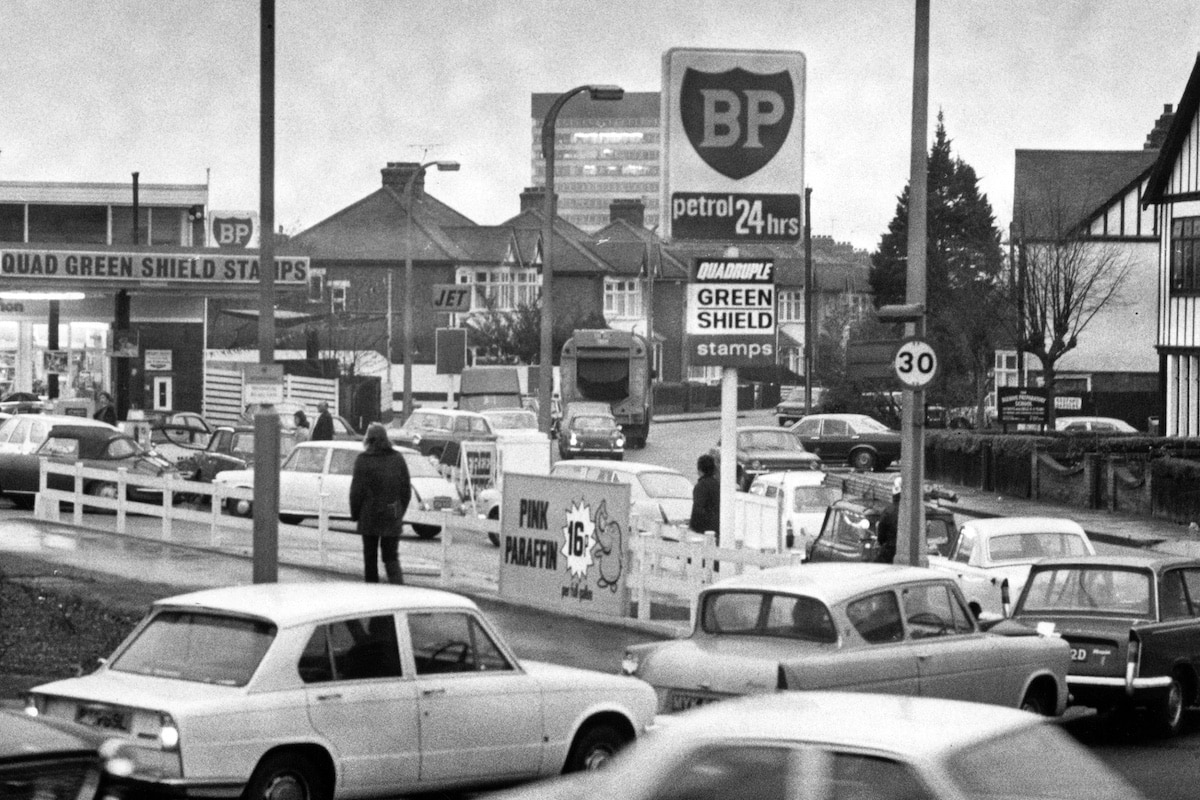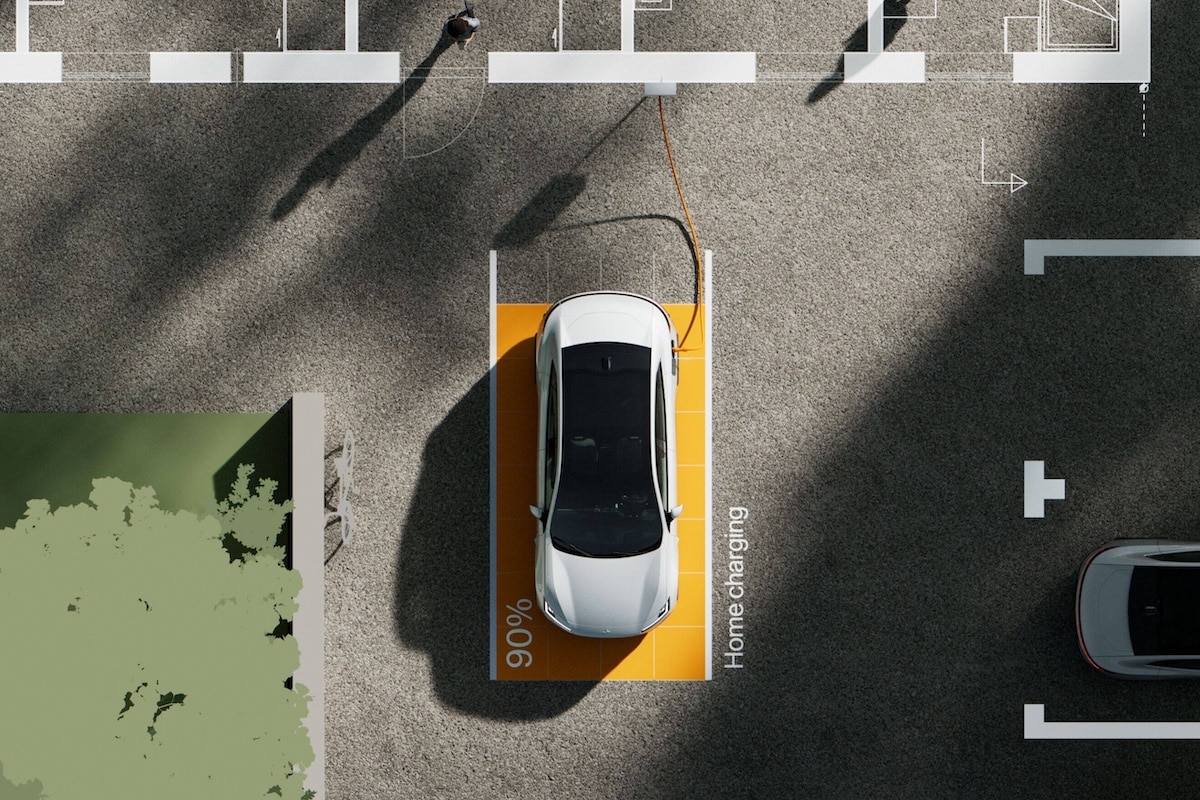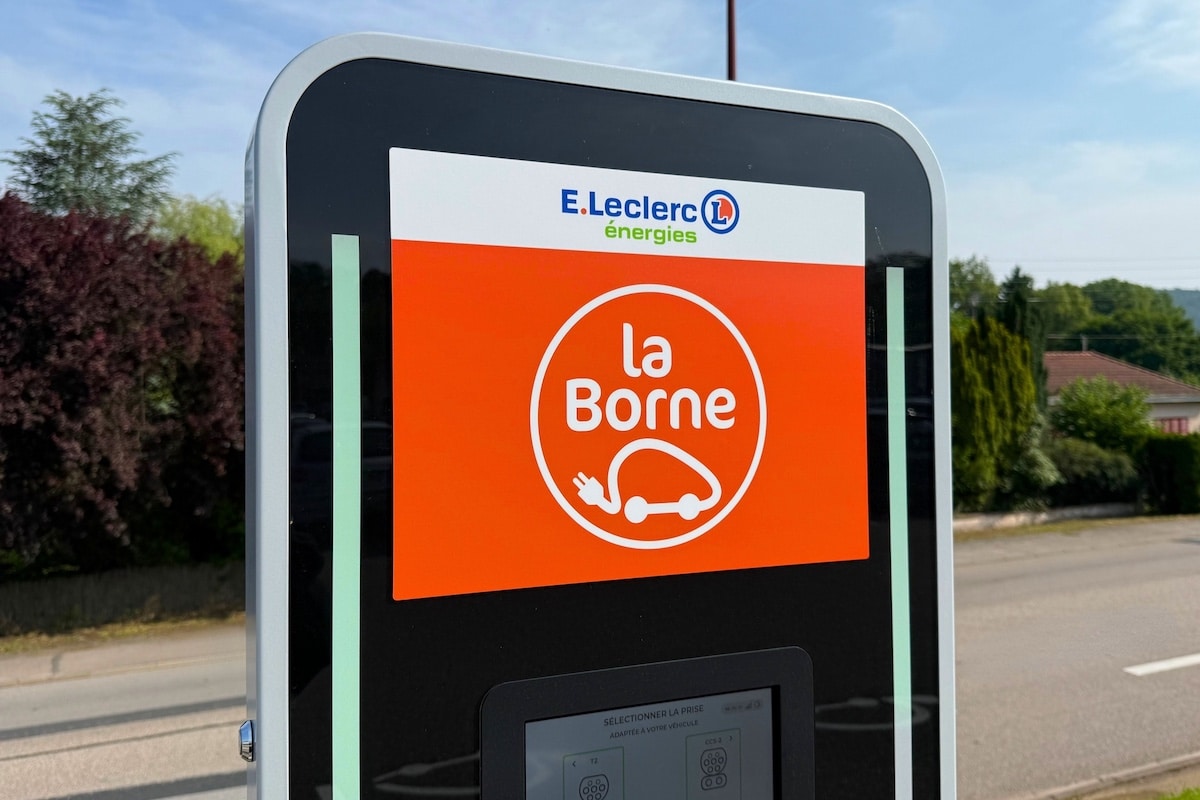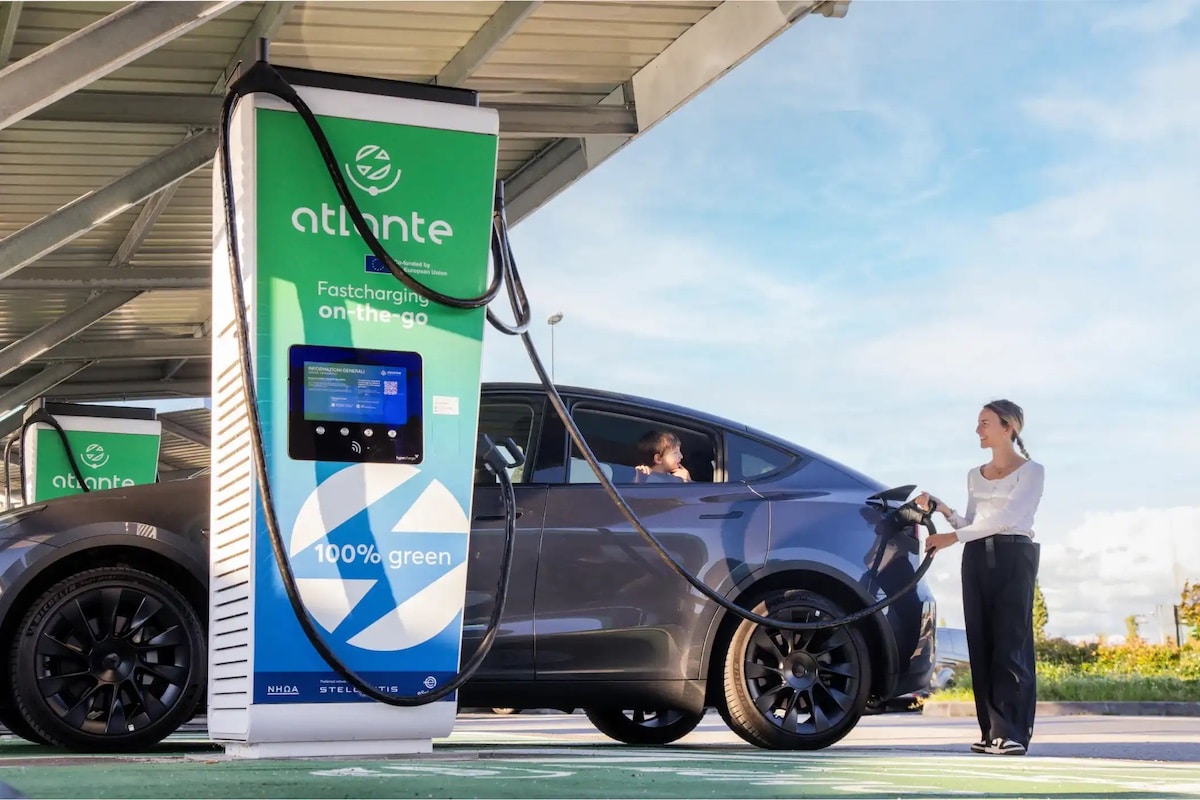Fifty-two years ago, the first oil shock rocked the automobile industry

The world then discovered its dependence on oil, a lesson still relevant today in the face of energy crises.
On October 6, 1973, the Yom Kippur War broke out in the Middle East. In retaliation for Western support provided to Israel, several Arab OPEC member countries decided to use the oil weapon: limiting exports, sharply increasing prices, and implementing targeted embargoes. Within a few weeks, the barrel quadrupled in price, plunging Western economies into an unprecedented crisis. It was the first “oil shock,” a seismic event whose impact was directly felt by the automotive industry.
Until then, manufacturers prioritized power and comfort, often at the expense of fuel efficiency. The large American sedans with their gas-guzzling V8s, as well as European models with generous engine capacities, seemed untouchable. But the surge in fuel prices abruptly changed the game. In the United States, long lines at gas stations became iconic, while in Europe, speed limits were introduced on highways and car-free Sundays were established. Brands had to reassess their priorities: increased energy efficiency, smaller engines, and a renewed focus on aerodynamics and vehicle weight.
What Have We Learned?
This 1973 energy shock marked a turning point: it demonstrated that energy abundance was not guaranteed and that dependence on oil could weaken entire societies. Fifty-two years later, the lesson remains highly relevant. The energy transition, often called for but still too slow, highlights how much the world remains dependent on black gold.
Despite progressive electrification, global oil demand remains enormous, and geopolitical crises regularly remind us of the fragility of these balances. Learning from the past means understanding that resilience involves diversifying energy sources and embracing responsible sobriety. In 1973, the automobile industry was forced to reinvent itself. Today, faced with climate and geopolitical challenges, the same imperative repeats itself: breaking free from dependence to avoid experiencing the next shock.
ALSO READ: Sixty Years Ago, Nissan Discovered America
This page is translated from the original post "Il y a 52 ans, le premier choc pétrolier bouleversait l’automobile" in French.
We also suggestthese articles:
Also read





